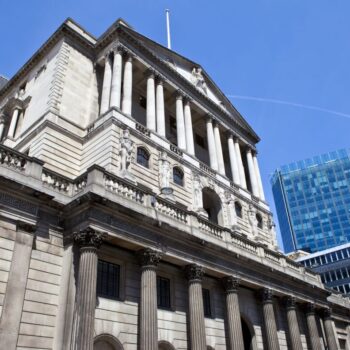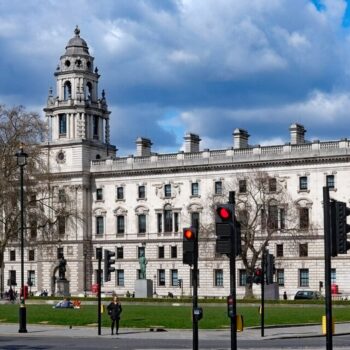Watch E3G’s London Climate Action Week event on building a net zero financial sector and scaling up investment in net zero and resilience.
Watch the event:
Key Takeaways
- The 2022 Green Finance Strategy is the critical moment for the UK to deliver a robust plan to scale up public and private investments to achieve Net Zero by 2050.
- The Green Finance Strategy needs to send clear market signals and strategic public investment that leverages private sector investment in critical sectors such as the built environment and nature. The GFS should also include measures that map out financial flows to net zero.
- The UK Green Taxonomy must be science-based and provide credible definitions of sustainable investment in line with net-zero. Fossil gas should not be included within the taxonomy despite immediate energy demands, continued fossil-gas exploration will impede the UK from reaching net zero.
- Nature positive and biodiversity loss considerations should be embedded within the transition planning guidance that is being developed by the Transition Plan Taskforce. Nature positive objectives should also be included as statutory objectives within the UK’s regulatory framework alongside net-zero.
- Regulators have a significant role in increasing the transparency of climate-related and nature-positive through disclosure requirements.
Event Summary
The revised Green Finance Strategy expected later this year, will be the key moment for the Government to set out its plan for financing the net-zero transition, and to materialise on the Chancellor’s commitment made at COP26 of creating the world’s first net-zero aligned financial sector.
This panel discussion explored key questions of key areas of priority of how the Green Finance Strategy will contribute to delivering a net-zero-aligned financial sector and meet growing demands for net-zero to leverage private investment flows with clear policy signals and strategic public investment. The panel discussion was chaired by Heather McKay, Policy advisor at E3G, and featured:
- Karen Ellis, Director of Sustainable Economy, WWF
- Patrick Arber, Head International Government Engagement, Aviva Investors
- Franklin Steves, Senior Policy Advisor, E3G
Patrick Arber provided the investor perspective and set out a compelling vision of how financial sector actors and the real economy must operate within a net-zero-aligned financial centre. The Green Finance Strategy should contain a balanced package of measures that delivers a new regulation that supports actors in their alignment with net-zero and sends powerful signals to the market and the real economy.
Karen Ellis spoke about the need to define a strong legal regulatory framework to ensure that net-zero and nature-positive objectives are included within the Finance and Market Services Bill as statutory objectives for regulators to deliver. The chance to embed both as regulatory objectives mark an unprecedented for regulators to act on net zero.
Franklin Steves provided an overview of how the UK’s climate finance and policy developments sit within an international context. He highlighted the key opportunities for the UK to increase global climate ambition and the competitive advantages that the UK could gain from delivering a net-zero-aligned financial centre.
Heather McKay closed the event by inviting panellists to highlight their most pressing aspect that needs to be included within the 2022 Green Finance Strategy.
E3G’s LCAW green finance strategy discussion demonstrated the importance of the Government to deliver a clear strategy that helps achieves the UK’s goals of reaching net zero by 2050 while also addressing the cost-of-living crisis and meeting the Levelling Up Agenda.
For more information about the Green Finance Strategy, read E3G’s parliamentary briefing on building a net-zero financial system: Priorities for 2022.


